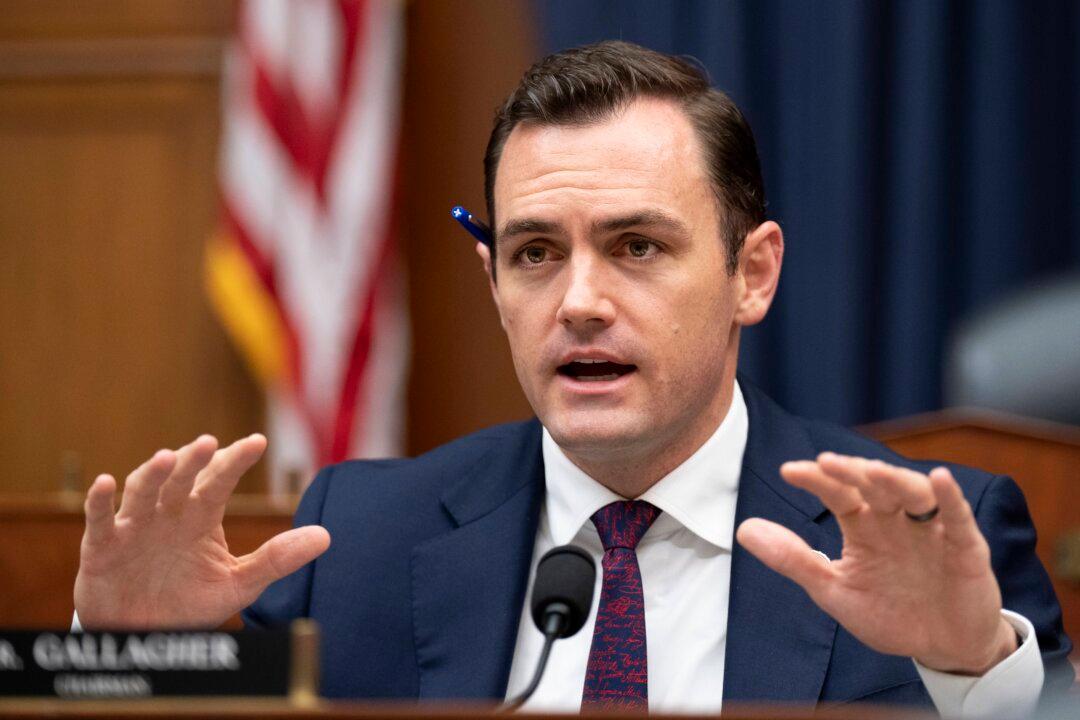A House China panel asked the Department of Homeland Security to explain how it investigates and catches Chinese companies that evade tariffs with trade fraud.
In a letter to DHS Secretary Alejandro Mayorkas on Friday, House Select Committee on China Chair Mike Gallagher (R-Wis.) and member Rep. Darin LaHood (R-Ill.) alleged China’s Qingdao Sunsong, a Chinese manufacturer of automotive fluid transfer hoses and lines, as being one such perpetrator.



